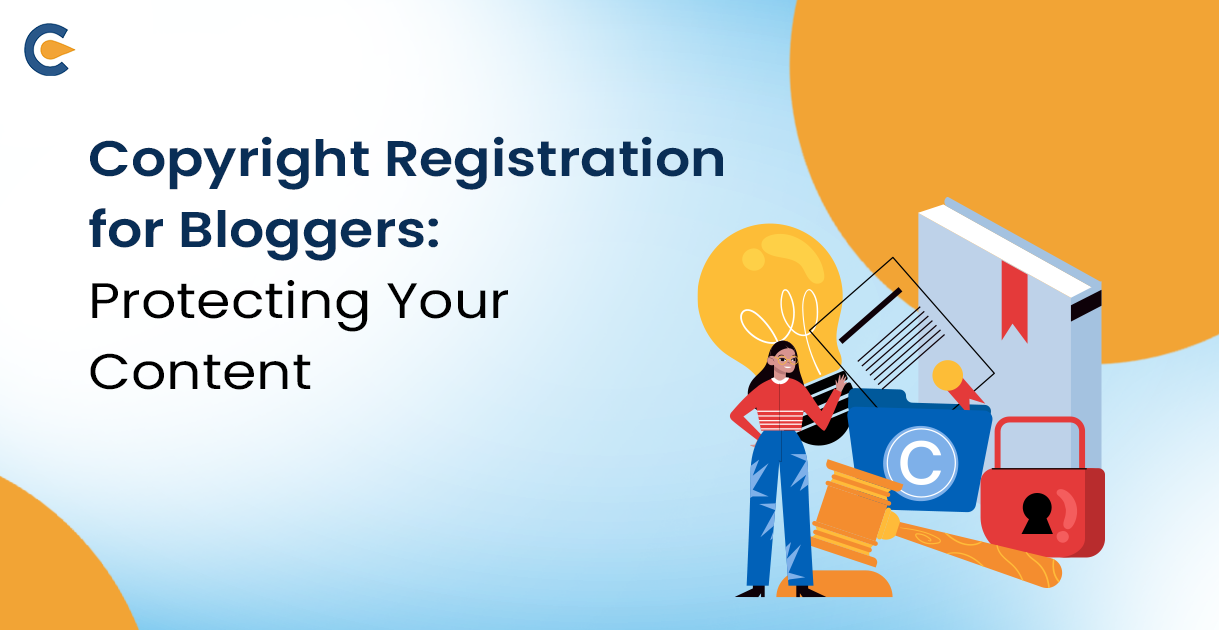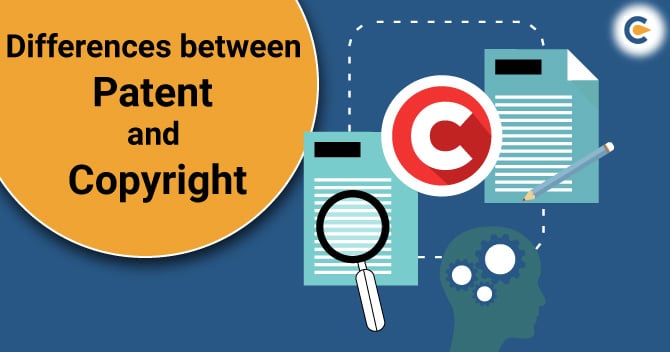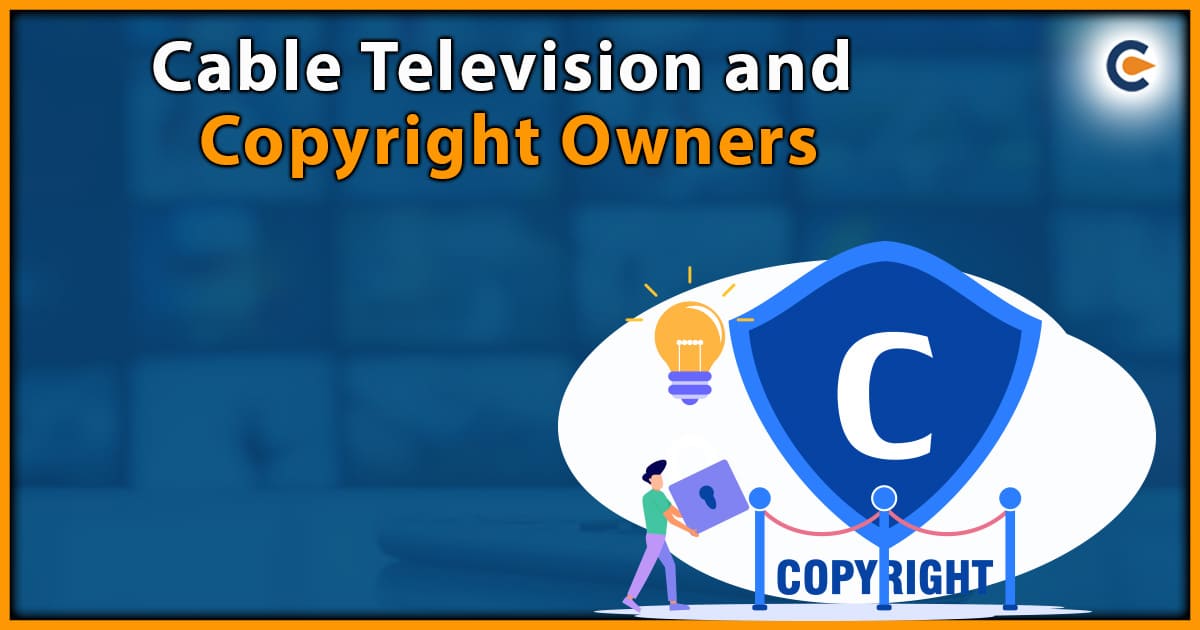A copyright is a statutory right or privilege granted to the owner, maker, composer, curator, etc. of a literary, artistic, musical, dramatic, or cinematographic work that is granted by the Government. Copyright registration for bloggers is required as it signifies and ensures that no person other than the original creator shall be allowed to use or exploit the copyright for the purpose of extracting monetary benefits from its use without paying a due royalty amount. If the person makes an unauthorized use of the copyright, it is known as an infringement of copyright, and the person can face imprisonment as well as a liability to pay fines.
Though all countries have different laws on copyrights, they are usually governed by international conventions such as the Berne Convention or TRIPS Agreement of 1995, which are signed and assented to by most countries of the world, and Copyright registration for bloggers is also governed under the same laws.
Copyright Registration for Bloggers
Blogs are informative pieces authored by people who have experience in a particular domain and wish to disseminate knowledge and information to the public. Like the one you are reading, blogs are short, crisp, and concise and capsulate as much information as possible in a minimum number of words. Nowadays, there is a rising demand for blogging as a lucrative career opportunity, therefore, Copyright registration for bloggers has become a need of an hour. Professional bloggers work both full-time and part-time to curate quality content on a variety of topics such as nature, sports, politics, news, weather, travelling, technology, arts, science, life science, etc. All news agencies and research-based companies have dedicated teams for bloggers who generate content for the organization
Since blogs are uploaded on the organization’s website, which is a public domain, they become highly prone to theft, pilfering, or plagiarism by the readers, which may be for economic or simply informative intentions. Copyright Registration for Bloggers is a very effective and essential tool to help content creators protect their literary works as well as claim compensation for damages when there has been an unauthorized reproduction of their work. Copyright registration for bloggers protects the valuable creation of the writers from possible infringement of the creation.
How to Copyright a Blog?
Many people might not know this, but blogs and articles can be copyrighted automatically. As per the Copyright Law, an original work or creation gets automatically protected once it comes into existence. Most blogs are automatically copyrighted once they are authored through composite copyright provided by the website or the corporation. Many websites, such as Blogspot and WordPress, charge a fee from the bloggers in exchange for extending copyright protection to the blogs. To signify copyright protection, the websites usually display a copyright notice at the end of the blog, which contains a copyright symbol ©, year of copyright registration, and the name of the author. There are various ways in which the blog can be copyrighted and protected from unfair or unauthorized use are–
1. Copyright Notice
Copyright notice displays the declaration that the blog or written piece is protected by a certain law or regulation, whether local or international and cannot be reproduced or recreated without the explicit consent of the blogger. In the event that the blog is reproduced violating the copyright notice, the author has the right to seek legal remedy under the provisions of the law.
2. Terms and Conditions Page
A terms and conditions page area comprehensive disclosure of the ways in which the information can be accessed and used by the viewers. Typically, most blogs allow reproduction of the content for fair use and non-commercial purposes such as research and academics, public information and awareness, etc. The Terms and Conditions page clarifies the position of the blog with respect to the fair use rationale of a blog.
3. Protection of Images
Images and graphics make the blog attractive and increase its visibility. Sometimes, a blogger also uses photos and graphics designed by them to rank their content or make it look attractive. However, if a person uses photographs found over the internet or any external sources, firstly, it is most important to ensure that the photographs and graphics used by the creator are not copyrighted and fall into creative commons or public domain rationale. Secondly, while using the images and photographs, the blogger must duly acknowledge and mention the original work attributed to the images or graphics.
Why Copyright Registration is Beneficial for Bloggers?
Usually, it is not mandatory to register copyright for all types of intellectual works, such as blogs and articles, since they are automatically protected by copyright. Yet it is always advisable to register the copyright to make a public record of the work as well as establish the credibility of the blog. Copyright Registration for bloggers is beneficial in the following ways –
Makes the Blog a Public Record
A Copyright creates a public ownership of the literary or artistic work. It becomes available in the public domain and can be searched by anyone. Section 17 of the Act states that, with respect to the copyright, the owner or author of the work shall be its first owner, as mentioned in public records. This not only publicly declares the ownership of the copyright but also creates reliability and brand value of the copyright and then the Copyright registration for bloggers is required.
Protection from Unauthorized Use
It is mandatory to register a copyright as it prevents infringement by any unauthorized use. Though copyright registration for bloggers is not mandatory, it makes it more legitimate and empowers the owner to take legal action against the person who infringes the same. The artist cannot file for infringement of copyright because it is not registered. It serves as prima facie evidence of the ownership of the copyright and hence makes the copyright legally enforceable when its infringement occurs.
International Protection of the Copyright
International Conventions and treaties such as TRIPS, Universal Copyright Convention, Berne Convention, etc protect the Copyright registration for bloggers and other creators. India has become a member of several of these international conventions, and hence, copyrights registered in India enjoy the same protection worldwide in the countries that are also signatories to these conventions. Hence, copyright registration creates international brand value for the copyright.
Protection of the Economic Rights
Registration of copyright not only makes the work uninfringeable but systematically protects the monetary value attached to the copyright. The owner of the copyright can earn royalty by authorizing others to reproduce, distribute, broadcast, or adapt the work. Hence, copyright registration protects the economic interest of the creator or the work.
Important Requirements to Copyright Your Content
Here are the important requirements for Copyright registration for bloggers through which you can copyright your content:
Highlight the originality of your blog
The blogger must first establish the originality of his/her blog or article by highlighting a notice, declaration, disclaimer, etc., which states that the blog has been written by and is the respective proprietary of the blogger. Such declaration shall be accompanied by the law or regulation which authorizes such protection. The declaration extends the right that in the event the blog is reproduced violating the copyright notice, the author has the right to seek legal remedy under the provisions of the law.
Add a terms and conditions page
A terms and conditions page is a comprehensive disclosure of the ways in which the information can be accessed and used by the viewers. Usually, most blogs allow reproduction of the content for fair use and non-commercial purposes such as research and academics, public information and awareness, etc. The Terms and Conditions page clarifies the position of the blog with respect to the fair use rationale of a blog.
Acknowledgement of images and graphics of others
Images, graphics, and photographs make the blog attractive and increase its visibility. Sometimes, a blogger also uses photos and graphics designed by them to embellish their content. However, if a person uses photographs, images, visuals, graphics, GIFs, etc., found over the internet or any external sources, firstly, it is most important to ensure that the photographs and graphics used by the creator can be freely used in the public domain rationale. Secondly, while using the images and photographs, the blogger must duly acknowledge and mention the original work attributed to the images or graphics.
Conclusion
Blogging is one of the fastest-growing, most promising career options worldwide today. Bloggers are paid very decent sums by multinational companies who employ them to write content and blogs on various topics that reach out to millions of readers. Also, blogging as a career option offers flexibility and freedom since bloggers can work as full-time employees or freelance as independent bloggers for clients, due to this, copyright registration for bloggers is also becoming important. Since blogs have such revenue-generation potential, they are prone to reproduction, copying, pilfering, and all sorts of cyber offences that harm both the economic and reputational value of the content. In order to protect the blogs, the bloggers shall Copyright Registration for Bloggers. Copyright protects the uniqueness and exclusivity of the blog and ensures that no entity can make unauthorized use of its content.
At Corpbiz, we provide services to a wide array of professionals, bloggers being one of them. Our services are specialized and streamlined to cater to the exact demands and needs of our clients. To know more about our services related to copyright registration for bloggers, connect with our experts.
Frequently Asked Questions (FAQs)
How many categories of Copyrights are there?
Based on the nature of the type of intellectual work or product, there are several categories of copyrights, such as literary works, artistic works, dramatic works, sound works, musical works, architectural works, and designs.
Blog falls under which category of copyright?
Yes, a blog falls under the category of literary work as per the Copyright Act of 1957.
If a Blog is not registered, is it not protected under Copyright Law?
No, even if a blog is not registered, it is deemed to be automatically protected by the Copyright Act of 1957, once it is written or created.
Do bloggers need copyright?
Absolutely, bloggers need copyright to protect their blogs, articles, reports and every type of content they write which is original, unique and holdsmonetary value that can be monetized. Hence, it is very important that bloggers copyright protect their blogs.
How can I copyright my blog in India?
In order to copyright a blog in India, the blogger should pay registrationfees for websites or portals that provide copyright protection to blogs and articles of their registered users. Also, the blogger shall display a notice of copyright and terms and conditions page of the blog that contains a declaration of copyright protection for the blog.
Is my blog automatically copyrighted?
Yes, Copyright law stipulates that any original work, creation or production enjoys automatic protection of the law as soon as it comes into existence. Regardless, it is always advisable to copyright a blog.
Can I copyright a blog post?
Yes, you can copyright a blog byregistering through the composite copyright for the website, which may entail a small fee. Further, the blogger must display a notice of copyright as well as the terms and conditions of the copyright.
What is not eligible for copyright?
If the blog contains any images, graphics, slogans, dialogues or references that are taken from online sources and not the originalcontent of the blogger, it is not eligible to be copyrighted. In fact, the blogger must duly acknowledge the copyright of some other creator.
How do I avoid copyright on my blog?
In order to avoid copyright claims on your blog, you must not choose any image or content that has already been copyrighted by the original owner or is not in the public domain. Even while using images graphics and other references that are in the public domain and under free-use rationale, you must duly acknowledge the author/creator of the original work.
Can someone steal my blog?
Yes, your blogs can easily be copied, reproduced, refereed or plagiarised by any person without you probably even knowing it. To prevent this, it is highly advisable to get your blogs copyrighted and registered to prevent monetary and reputational loss to you and your creative image.
Read Our Article: Guide To Copyright And Trademark











